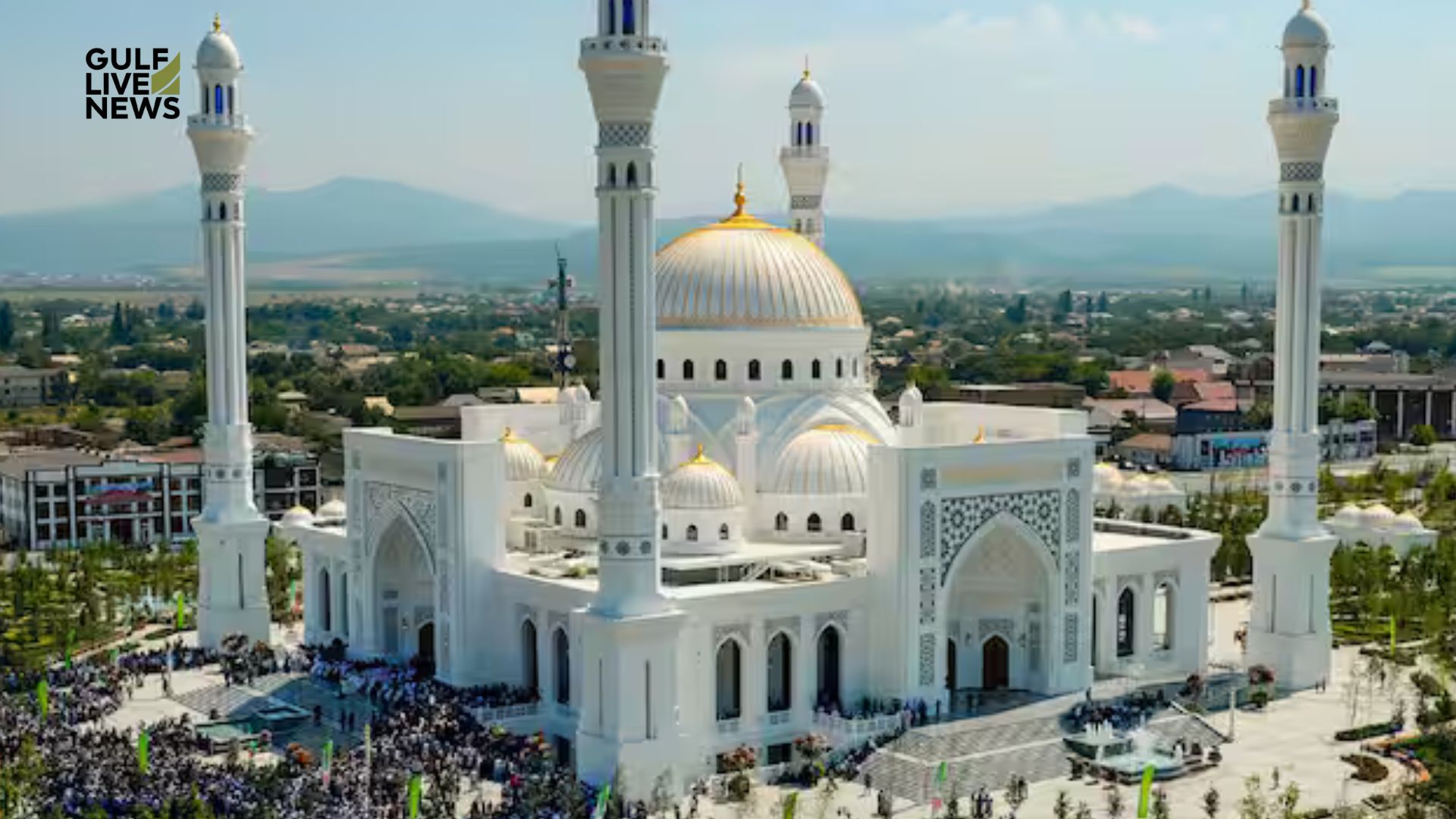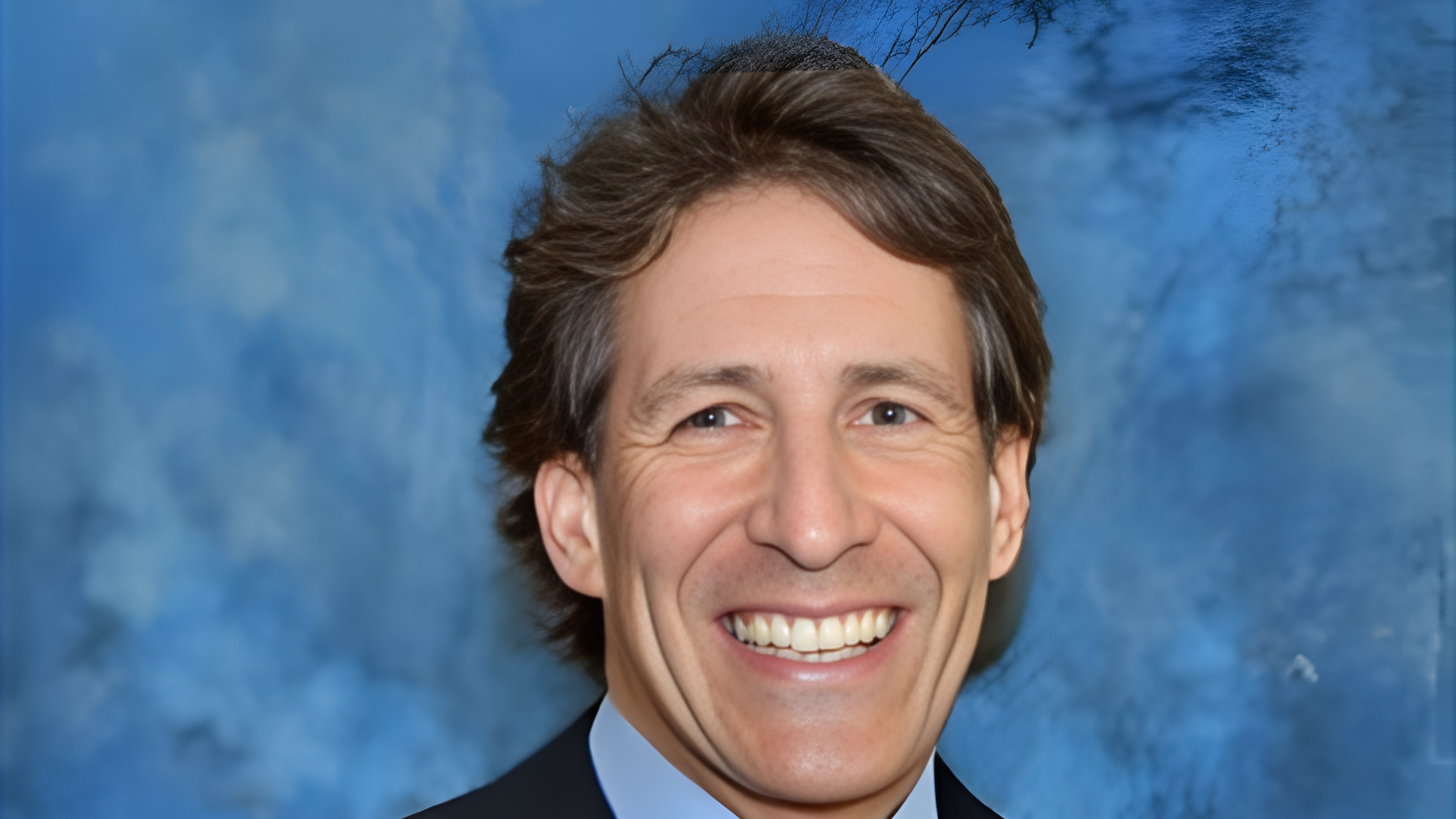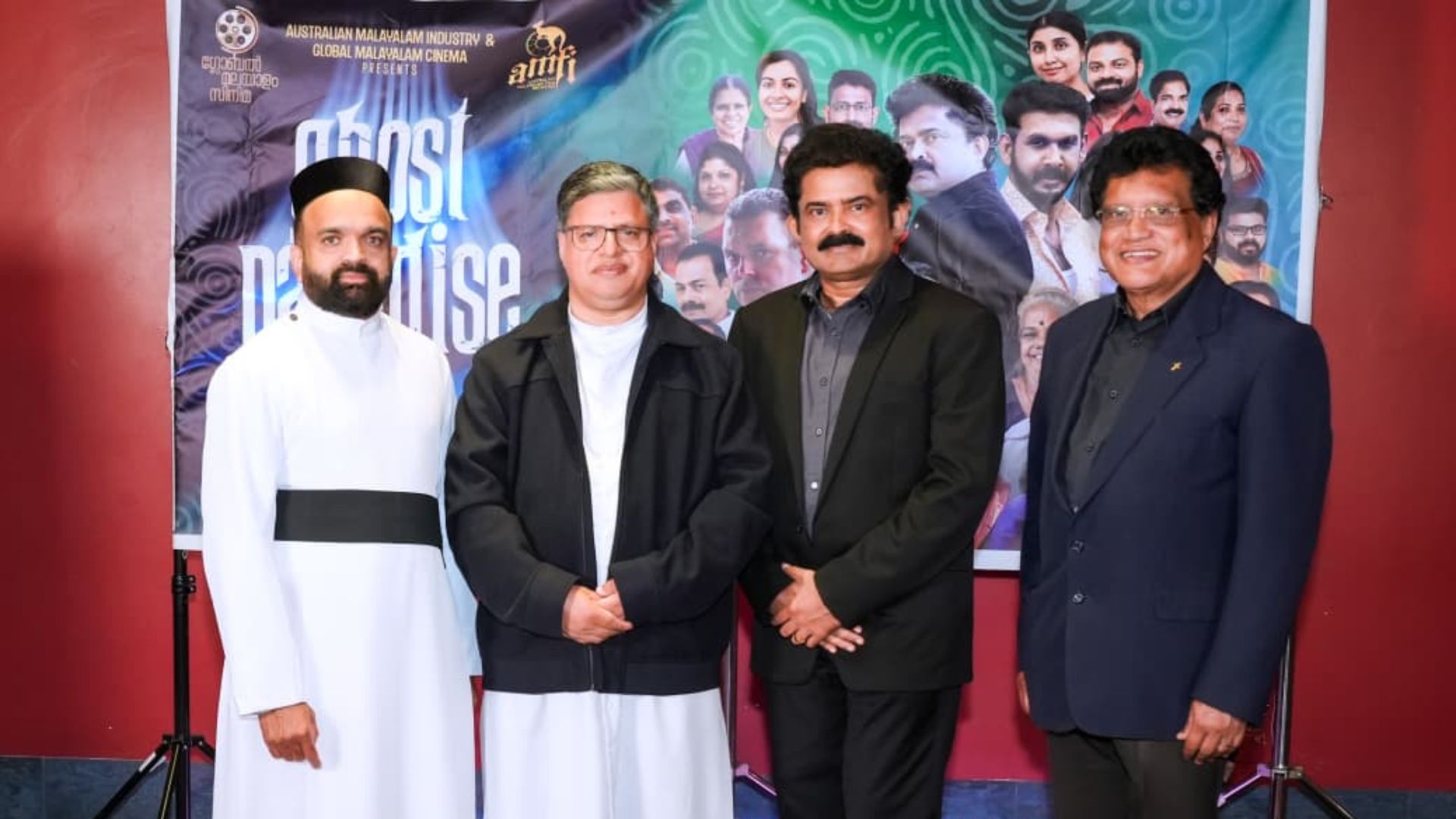António Tânger Corrêa, a former Portuguese ambassador to Qatar, recently made bold statements about the Gulf nation. He claims that Qatar is using its vast wealth from oil and gas to pursue a major project aimed at re-establishing a form of Islamic governance known as the Caliphate. This assertion has sparked discussions around Qatar’s ambitions and its influence on the international stage.
Qatar’s Ambition for an Islamic Caliphate
According to Corrêa, Qatar’s goals are not limited to geopolitical influence or economic power. He alleges that the country aims to re-establish the Islamic Caliphate, a political-religious system that once united the Muslim world. Historically, the Caliphate functioned as a significant leadership structure following the death of Prophet Muhammad. Over the years, various groups have tried to revive it with differing ideologies and interpretations.
Corrêa suggests that Qatar is investing billions from its oil and gas exports into this project. This funding underscores Qatar’s desire to be seen as a leading Muslim power, with the ability to shape the Islamic world’s future. The nation’s role in hosting major international events, like the FIFA World Cup, and its control over influential media, such as Al Jazeera, adds to its prominence. These elements raise concerns about Qatar’s long-term strategies and objectives.
Qatar’s Cultural Influence in Europe
In his remarks, Corrêa highlights Qatar’s aspirations to build Europe’s largest mosque. He claims that this plan is part of a broader strategy to expand Qatar’s cultural and religious influence throughout Europe. Corrêa points out Qatar’s previous attempt to purchase the bullfighting arena in Barcelona. The intention was to convert it into a grand mosque, which Qatar described as an expression of its Islamic values.
While such a building project might seem extravagant, it fits into a larger trend of Qatar’s expanding presence in European cities. The country has made considerable investments across various European sectors, including real estate, sports, and infrastructure. This growing wealth allows Qatar to become a key player in shaping cultural and religious landscapes in many parts of Europe.
Utilizing Global Events for Political Goals
Corrêa stresses that international events, especially large sports occasions like the FIFA World Cup, create a platform for Qatar to promote its political agenda. The World Cup hosted in Qatar in 2022 showcased the nation’s ability to leverage such events for more than just economic gain. Corrêa argues that these occasions present opportunities for Qatar to elevate its international standing as a prominent Muslim nation.
By hosting global events, Qatar aims to project its values and vision to the world. The visibility gained could help spread its ideological motivations, including a desire to restore what it perceives as a unified Muslim governance model akin to the historical Caliphate.
Criticism and Concerns about Qatar’s Influence
Qatar’s rising influence has caught the attention of critics, particularly in the West. Many express concerns about the nation’s political and financial role in the global arena, especially regarding its support for Islamic groups. Historically, Qatar has offered backing to various Islamist factions, some of which are suspected of advocating radical ideologies.
While Qatar promotes itself as a supporter of moderate Islam, critics argue that its connections to groups like the Muslim Brotherhood pose potential threats. The commentary from Corrêa amplifies these apprehensions. It suggests that Qatar’s overarching agenda might involve not only influencing religious discussions but also pursuing a political framework intended to unify Muslim-majority regions under a specific ideology.
The Concept of a Renewed Islamic Caliphate
The idea of a renewed Islamic Caliphate raises crucial issues about Qatar’s prospective role in the Muslim world. Various historical Caliphates, such as the Umayyad, Abbasid, and Ottoman, have played pivotal roles throughout Islamic history. Qatar’s vision for a contemporary Caliphate may reflect a reinterpretation of these historical models adapted to today’s geopolitical climate.
However, Corrêa’s idea of restoring the Caliphate is not without controversy. While Qatar possesses considerable financial resources, its ambitions may encounter pushback from other significant players in the Muslim landscape, such as Saudi Arabia and Turkey. Each of these nations holds its own vision for leadership and governance in the Islamic world. Furthermore, the concept of a Caliphate, rooted in older political systems, may face challenges in gaining traction in a modern landscape where most Muslim-majority nations function as independent states.
Qatar’s Moves and Future Aspirations
In conclusion, the provocative claims made by António Tânger Corrêa regarding Qatar’s goal to re-establish the Islamic Caliphate reflect growing concerns about how wealthy Gulf nations are strategically positioning themselves in global politics and religion. Whether Qatar’s ambitions align with the re-establishment of the Caliphate or focus on promoting broader Islamic unity, the country’s emergence as a significant political and religious force remains evident.
Qatar





